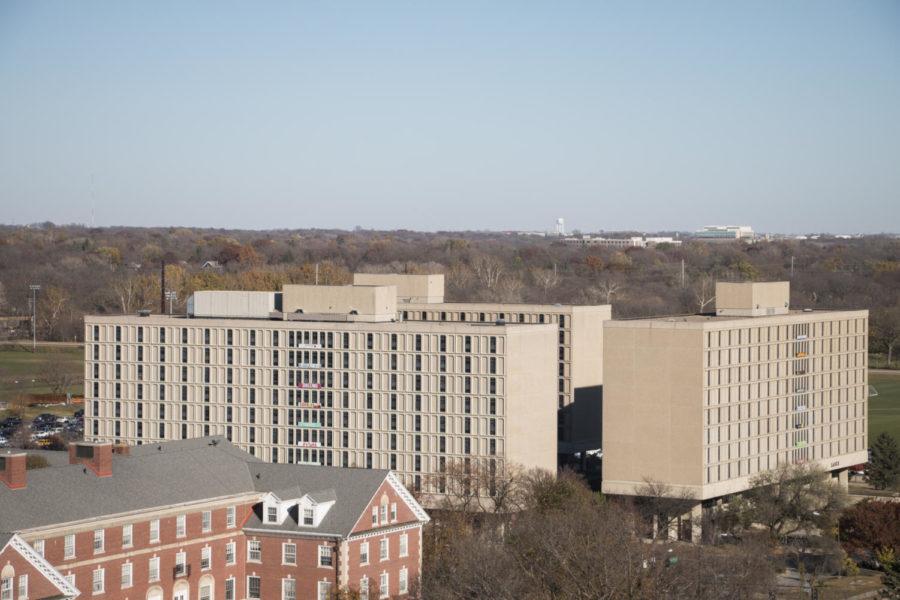Dead Week guidelines should be adhered to by professors
December 2, 2010
Tests.
Projects.
Essays.
All of these words encompass the last week of school.
Campus goes quiet; Starbucks, Caribou Coffee and gas stations selling energy drinks experience a surge in college-age customers and social lives are put on hold, except for the devout few that party whenever they don’t have class. One would think, given how important the week of finals is for the ISU population, there would be a week of solitude from classes right before Finals Week so students can actually perform well on their tests — you know, something like Dead Week.
The thing is, Dead Week is all but dead. In fact, many professors actually assign their final projects and exams during Dead Week instead of Finals Week. Instead of the quiet, study-filled week that Dead Week is supposed to be, many students end up with the equivalent of two Finals Weeks. Some classes even have an exam during Dead Week and a comprehensive final during Finals Week. I found myself in that position last semester, and it made the last two weeks of school hell for me and my fellow classmates.
Believe it or not, there are “guidelines” given on the Provost’s website suggesting to professors what to do or not to do during Dead Week. One that I’ll mention states, “Mandatory final examinations in any course may not be given during Dead Week except for laboratory courses and for those classes meeting once a week only and for which there is no contact during the normal final exam week.”
Really? No mandatory final examinations given during Dead Week? I can find in more than one of my classes’ syllabi where the final examination is actually scheduled to be given during Dead Week. In another class, our final exam was recently moved from Finals Week to Dead Week, thereby shortening the time we have to study, and forcing us to cram for exams. Yet, the Academic Success Center’s website states, “We are not advocates of cramming,” and even gives tips on how to cram. While those tips are valuable and much appreciated by many students, the problem is that cramming has almost become a part of a student’s semester schedule.
The real problem lies in the fact that there is no strict, enforced Dead Week policy by administrators. As mentioned before, the guidelines given by the Provost’s office are just that, guidelines. If a professor decides to hold two tests back-to-back, then ultimately that’s at the discretion of the professor.
Now, I can understand how a professor, tenured or not, would feel less than appreciative toward a university administrator monitoring how they set up their class, but the end person in mind in this situation should be the students. We are constantly told that we need to live a vibrant college experience; in my business classes, we’re constantly harped on about how the job market is only increasing in competitiveness, and that we must get as involved as possible in leadership activities in order to compete in that market.
But many professors seem to have forgotten about all of this. Maybe they have just decided to conveniently shove it out of their minds. Either way, those professors need a reality check that they’re not just teaching a class, they’re in charge of our GPA; something that will affect our career potential for the rest of their lives. Believe it or not, but students might actually care more about the classes they attend if they could spend some time reflecting on what they’ve learned, rather than memorizing information for an exam a professor decided to assign during Dead Week in order to leave for break a few days earlier.
















